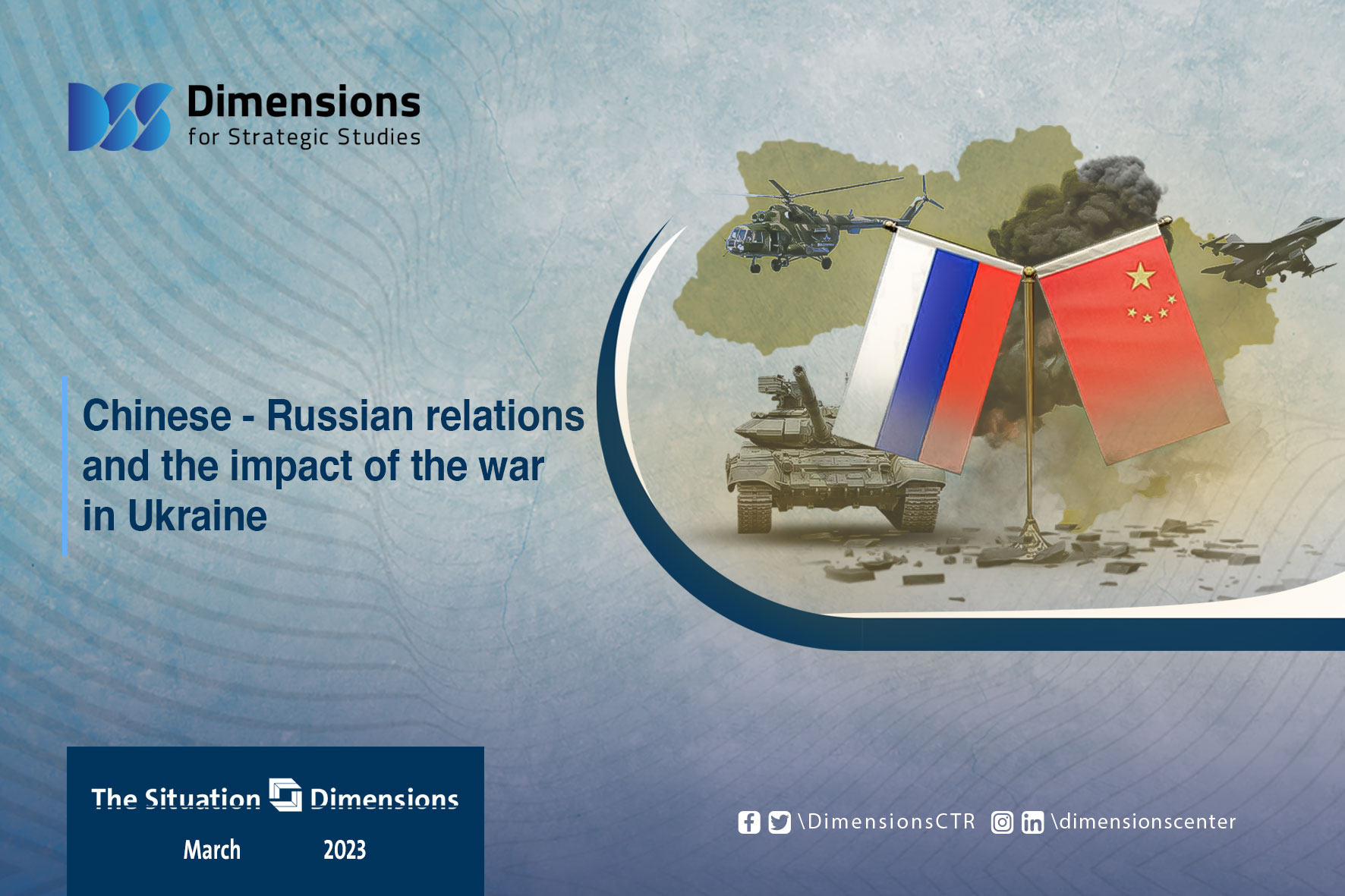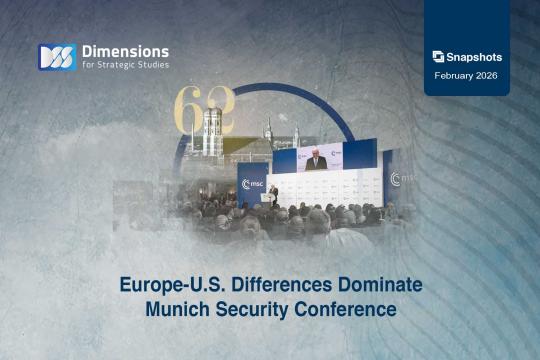
Chinese - Russian relations and the impact of the war in Ukraine
2023-03-231867 view
Chinese President Xi Jinping paid a visit to Moscow. It is his first since the start of the Russian invasion of Ukraine, and the first after Xi was elected President of China for a third term. And it comes in less than a month after China launched a peace initiative in Ukraine.
While in Moscow, the Chinese president invited his Russian counterpart to visit Beijing this year. Moreover; after his return to China, the Chinese president intends to hold a virtual meeting with the Ukrainian president.
Despite China’s refusal to condemn the Russian invasion, contenting itself with calling it the "Russian military operation in Ukraine" out of emphasis on appreciating Russian concerns and interests, China has actually so far taken a position closer to neutrality in this war. It has not yet supplied Moscow with weapons. And it has also largely adhered to Western sanctions on Russia.
Moreover, in its quest to create a new internationally multipolar world, China realizes that Russia's victorious exit in this war will weaken its position in the face of its ally Russia, and will put it behind Russia, not even parallel to it. At the same time, Russia's defeat means the collapse of the multipolar world project, and China's loss of an important and vital ally in its conflict with the United States. And, as such, Beijing will find itself standing alone in the face of the Western world.
To get out of this impasse, China is looking for a new way that can protect Russia from painful losses, without that meaning offering it victory, so that Russia will emerge from the war without defeat or victory. And after the war, Russia will find itself in a position where it realizes China's superiority, without conflicts between the two over influence in Central Asia or East Asia.
This Chinese desire does not seem feasible until now nor in the foreseeable future. Therefore; in any political and military crisis with the Western world regarding the Taiwanese issue, China must from now on build its approaches on the basis that it has no real allies
Moreover, if China wants to occupy a wider space in the international game, it must gradually adapt to the idea of the necessity for changing its political nature at the international level. It should also work on transforming its political behavior internationally from an introverted country to a politically open one. The breakthroughs China is making today at the international level cannot be sustainable unless it uses more open tools. China should abandon the state of no position on issues of democracy and human rights. This, however, seems difficult to achieve; and it constitutes a real block on China's desire to play advanced roles at the level of international politics.
It can be said that China’s power in the international political arena is today blocked by its perception of itself, and its inability to activate a new imagination. China’s solidness, which seems to be its element of power, is itself its element of weakness; which prevents it from making the necessary changes required for opening up to the world and playing more vital roles. This is due to the fact that the Beijing government system feels that any softness that China may show will lead to toppling the system itself. These are actually inherent problems in many systems of government. Nonetheless, history tells us that these systems have only two options before them, either freeing themselves from the restrictions and leading the self-openness or breaking up and collapsing. Beijing's leaders must choose between the two options; and any attempt to build an approach or a third option will consume time without achieving any effective results.





